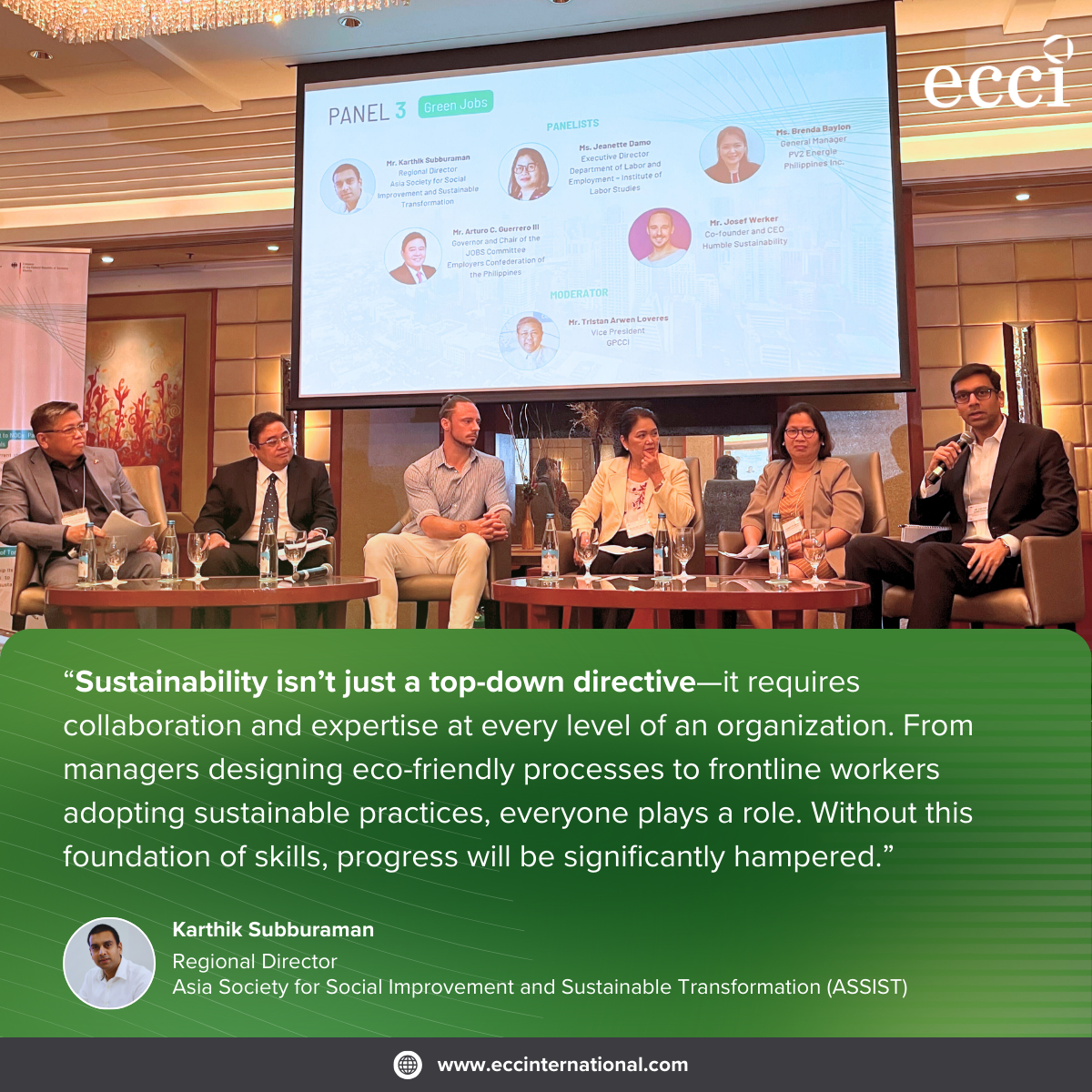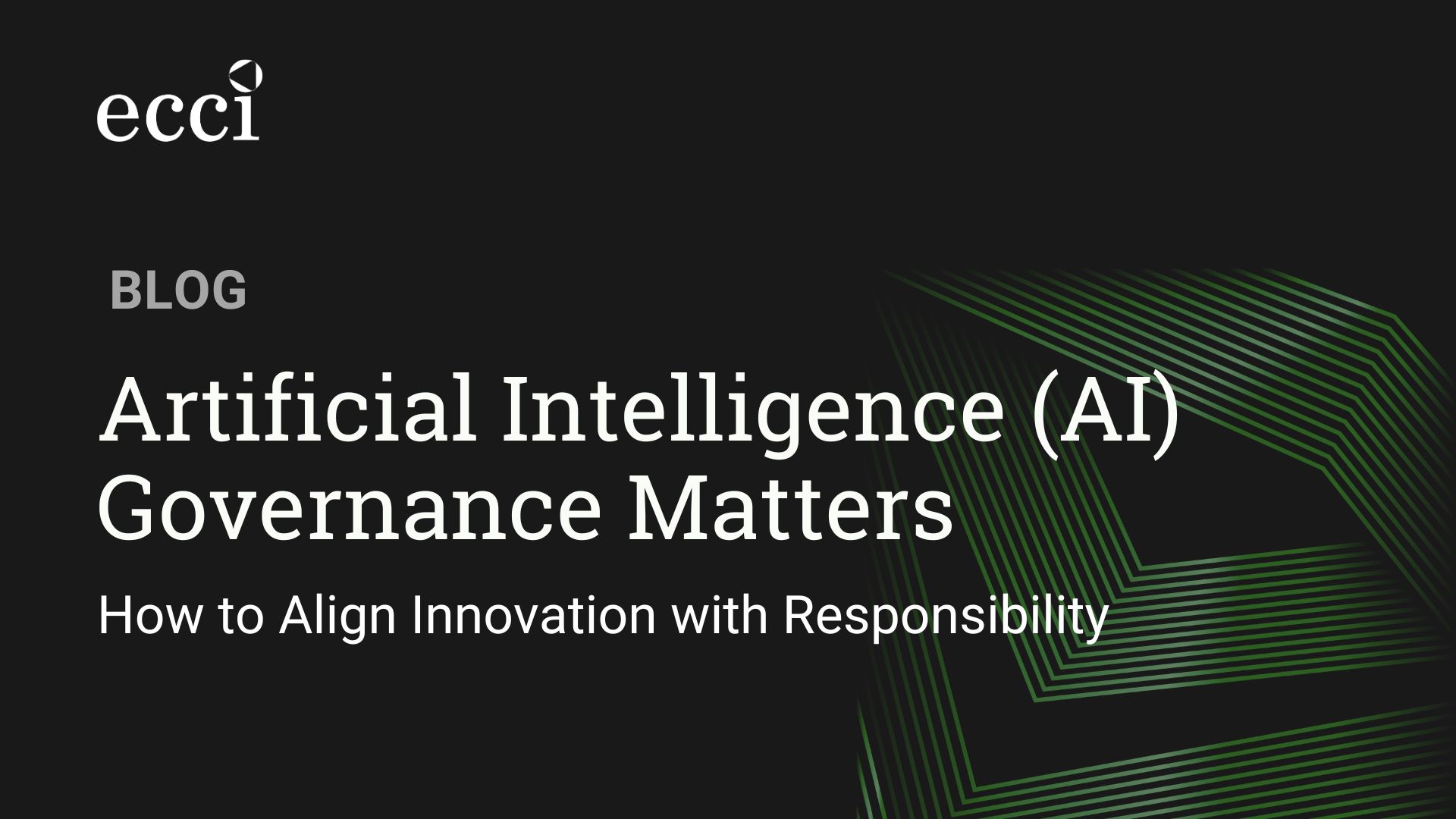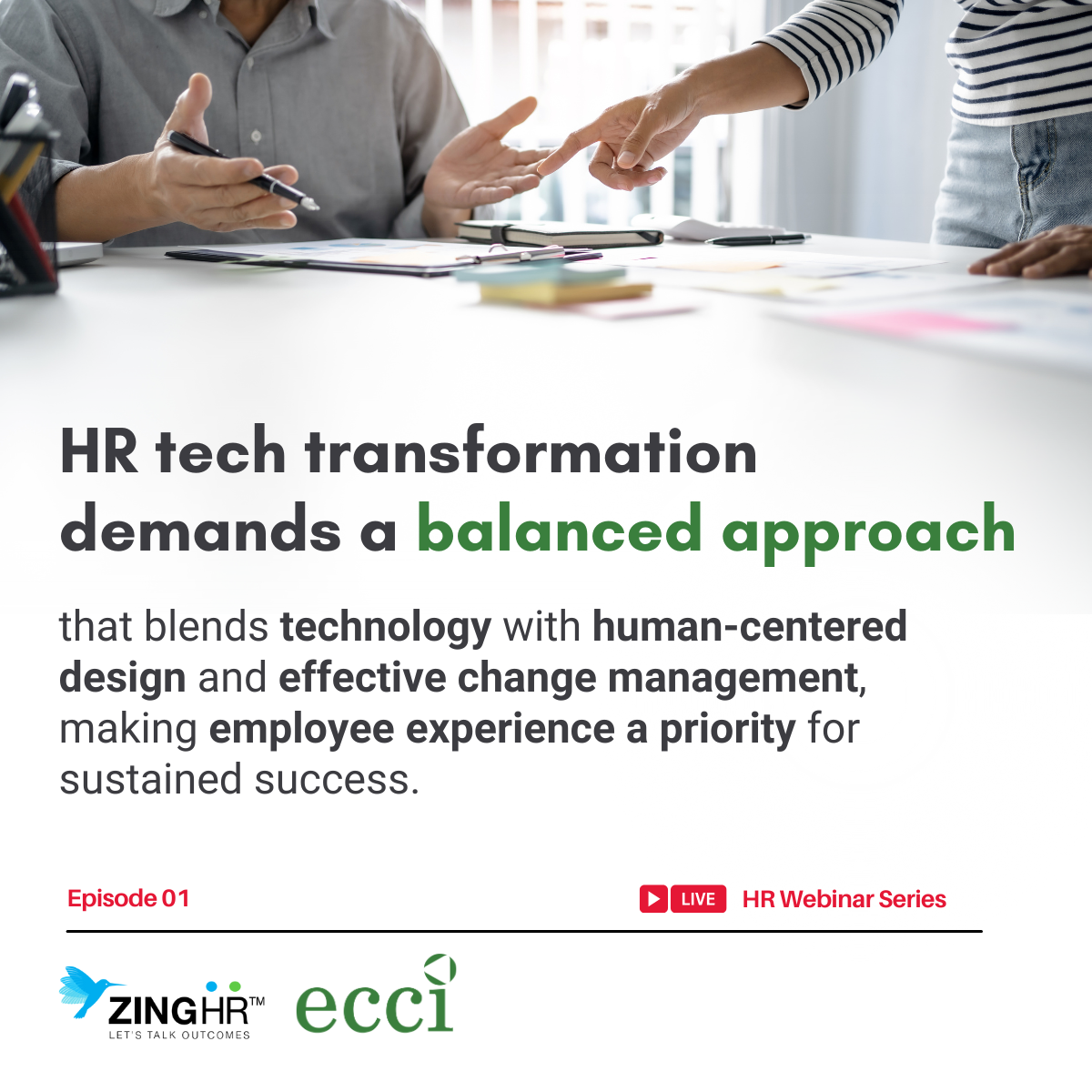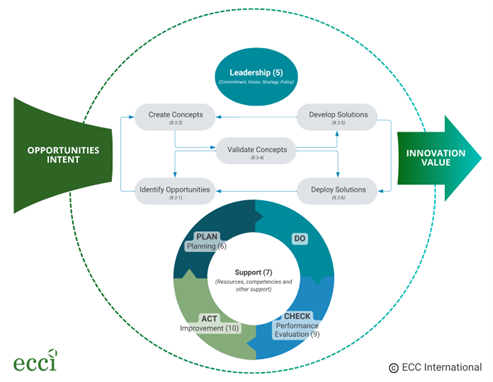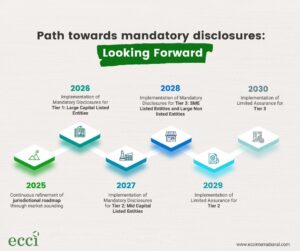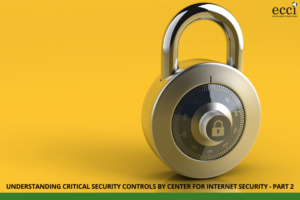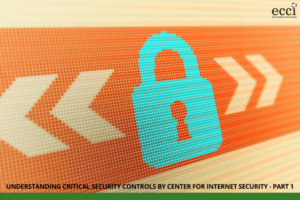Makati City, Philippines— As the Philippines accelerates its transition to a low-carbon economy, the demand for green jobs surges. At the recent Sustainability Forum, experts highlighted that achieving this shift requires more than policies and technology—it demands a skilled workforce capable of driving sustainable practices across all sectors.
Organized by the German-Philippine Chamber of Commerce and Industry (GPCCI) on January 31st, the forum brought together leaders from government, business, and non-profits. Part of the discussions centered on the critical role of green jobs in meeting the nation’s environmental targets, with a strong emphasis on the need for robust training initiatives to support sustainable growth.
GPCCI President Marie Antoniette Mariano described the event as “a space for meaningful dialogue, strategy alignment, and strengthened partnerships to drive lasting impact.” Within this collaborative spirit, attendees tackled the central question: “How can the Philippines effectively transition to a green economy and achieve its ambitious climate goals? (source: The Philippine Star)
The Workforce is the Cornerstone of a Green Economy
Karthik Subburaman, Regional Director at Asia Society for Social Improvement and Sustainable Transformation (ASSIST) and a respected subject matter expert (SME) in sustainability, also serves as a Sustainability Expert and Advisor to ECC International, was a key voice at the forum; he emphasized that while policies and technological advancements are critical, a skilled workforce remains the cornerstone of a successful green economy. He particularly highlighted the importance of “training of trainers” as a strategic approach to effectively disseminate essential skills across all sectors.
Bridging the Gap Between Awareness and Actionable Skills
While sustainability awareness is growing across industries, turning that awareness into tangible results remains challenging, as Karthik Subburaman explained,
“Translating sustainability goals into actionable strategies requires a specific skill set. It’s not enough to recognize the importance of sustainability—companies need professionals at all levels who understand its principles and can effectively integrate them into day-to-day operations.”
This gap between awareness and action is a critical barrier to progress. For instance, businesses may commit to reducing their carbon footprint or adopting circular economy practices, but without employees who possess the technical knowledge and practical skills to implement these initiatives, such goals often remain unfulfilled.
Subburaman emphasized that a skilled workforce is essential to overcoming this hurdle.
“Sustainability isn’t just a top-down directive—it requires collaboration and expertise at every level of an organization. From managers designing eco-friendly processes to frontline workers adopting sustainable practices, everyone plays a role. Without this foundation of skills, progress will be significantly hampered.”
This underscores the urgent need for targeted training programs that equip professionals with the tools to turn sustainability ambitions into measurable outcomes. By bridging this skills gap, organizations can realize the full potential of their sustainability efforts and drive meaningful change.
Collaboration is Key to a Just and Thriving Green Economy
Climate Change Commission Chairman Robert Borje emphasized the need for strong public and private sector collaboration to drive investments in renewable energy, climate-resilient infrastructure, and green technologies. He stressed the importance of a just transition, ensuring inclusivity and resilience.
“This transition must be equitable, inclusive, and resilient, leaving no one behind,” Borje stated. (source: The Philippine Star)
ECCI Training Empowers Professionals to Drive Sustainable Change
Building on the call for collective action, the Forum emphasized the critical role of skills development in the green economy. To maximize the economic benefits of green industries, the workforce must be equipped with the expertise to adopt, utilize, and maintain innovative technologies.
Swapnil Bora, ECCI Delivery Head, emphasized that for any organization to succeed in the area of sustainability, it is important to focus on both people and processes. ECCI, as an organization, focuses on building capability for the people and enhancing maturity for the processes.
“ECCI’s Sustainability Skills Series Training directly addresses the skills gap in the green economy, providing professionals at all levels with foundational knowledge and practical skills to integrate sustainable practices into their daily work. This empowers individuals and businesses alike, driving progress towards a more sustainable future. Beyond training, ECCI’s Corporate Sustainability Governance (CSG) consulting services—which focus on areas such as Sustainability Reporting, GHG Accounting, Net Zero Strategies, and Assurance practices—assist organizations in implementing effective sustainability strategies.”
Investing in Skills for a Sustainable Future
The Sustainability Forum underscored the urgent need for a collaborative approach to building a green economy in the Philippines. By investing in workforce development and prioritizing skilled training, the nation can pave the way for a more sustainable and prosperous future.
For more information on ECCI’s Sustainability Skills Series Training, visit this link. To learn more about CSG consulting services, including sustainability strategy development, compliance support, ESG integration, reporting, and assurance, visit this link. ECCI is committed to sharing its expertise and welcomes inquiries on sustainability topics.

